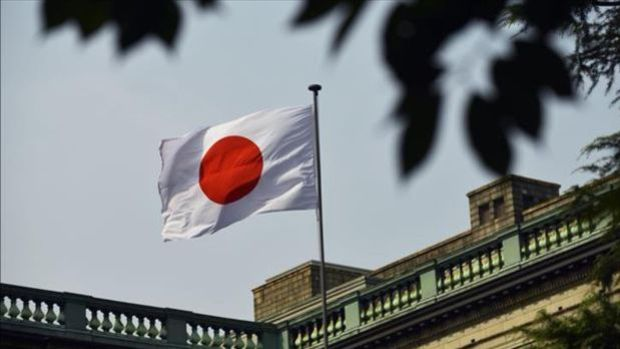Japan has lost its title as the world's third largest economy
Japan unexpectedly entered recession at the end of 2023, losing its title as the world’s third-largest economy to Germany. The Japanese economy unexpectedly contracted again in October-December, indicating that it has entered a technical recession. High inflation has constrained domestic demand and private consumption in the country, which is now the world’s fourth-largest economy. Japan’s gross domestic product (GDP) contracted 0.4 percent in the fourth quarter from a year earlier, following a revised 3.3 percent decline in the July-September period. This was well below the average forecast among economists for growth of 1.4 percent. The GDP deflator stood at 3.8 percent annually in the fourth quarter. On a quarterly basis, GDP contracted 0.1 percent, compared with expectations for a 0.3 percent increase. It had also contracted 0.8 percent in the previous quarter. Two consecutive quarters of contraction are considered the definition of a technical recession. The latest gross domestic product pressure has complicated the case for Bank of Japan Governor Kazuo Ueda to normalize interest rates and for Japanese Prime Minister Fumio Kishida to support fiscal policy. It also means Germany replaced Japan as the world’s third-largest economy in dollar terms last year. Recession dampens rate hike odds The Bank of Japan (BOJ), the world’s only major monetary authority with negative interest rates, may move into positive territory later than expected. Japan’s economy unexpectedly entered recession, shrinking by 0.4 percent on an annualized basis in the fourth quarter. Japan’s third-quarter contraction was also revised down to 3.3 percent from 2.9 percent. The data showed a decline in both household consumption and investment spending. Following the data, the odds of the BOJ raising interest rates in April receded in the overnight swap market. Norinchukin Research Economist Takeshi Minami drew attention to expectations that the BOJ would end negative interest rates in March or April, but said, “But the wind is now blowing from the head.” According to Bloomberg Economist Taro Kimura, the data also casts doubt on the BOJ’s continued signal that it would change policy in January


